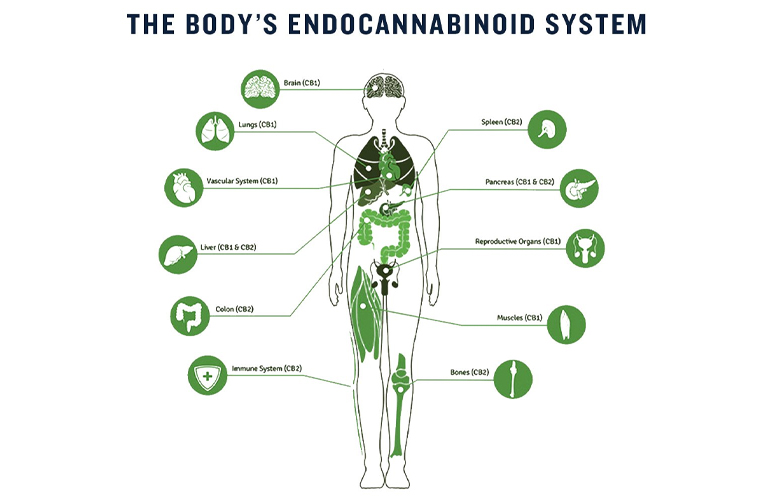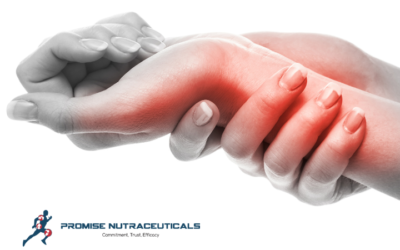Refined cannabinoid oil from the cannabis plant, popularly referred to as CBD, has the ability to work wonders for a variety of ailments. From helping with pain symptoms to acting as a sleep aid for those just looking for some much-needed rest, CBD is quickly becoming a household item in many medicine cabinets. There are even CBD products on the market to help with pets’ anxiety.
CBD is popular because of how it can help a variety of systems in an all-natural manner. Scientifically speaking, CBD is popular to our bodies because of its effect on the endocannabinoid system, the system responsible for regulating sleep, mood, pain, appetite, memory and more.
The Endocannabinoid System & CBD
CBD has quickly become one of the most popular supplements in the US due to its effects on the body’s endocannabinoid system. It’s used by all types of people, both young and old, thanks to its ability to influence the endocannabinoid system and genuinely help with various symptoms. This system includes receptors that are responsible for regulating many different aspects of our health including sleep, mood, appetite, pain and memory.
How Does CBD Interact with the Endocannabinoid System?
The endocannabinoid system is made up of 3 components: endocannabinoids, receptors and enzymes. CBD oil interacts with endocannabinoid receptors in your body, which helps keep things like anxiety and inflammation under control. Specifically, the oil will affect the CB1 and CB2 receptors in your system, which are found in the central nervous system and peripheral nervous system. As CBD interacts with these receptors, it helps your body feel more neutral.

via CBD Retail Trends
Should You Be Worried About An Endocanniboid Deficit?
While endocannabinoid deficits have not been proven in humans, there is some evidence that suggests they may exist. This means that if you aren’t getting enough cannabinoids from your diet, you may be at risk for a deficiency. CBD oil can help to bridge the gap and ensure you’re getting all the benefits of the cannabinoids in your body.
Is CBD Oil Safe to Use?
CBD oil is non-intoxicating, meaning it doesn’t get the user high like other oils derived from cannabis. According to federal law, CBD cannot contain more than 0.03% THC, which is the component that causes a psychoactive effect. While its counterpart is only legal in a handful of locations in the US, CBD is federally legal and you won’t feel any sort of high feeling.
CBD oil, in its various formats, is safe for daily use and it’s non-addictive, making it a great choice for those looking for an alternative treatment option. It’s used by teenagers with anxiety and symptoms of depression, athletes feeling the effects of a tough game and by those who suffer from a sleep disorder. As it becomes more widely accepted and used by the general public, the scientific community will likely learn of additional uses for CBD and additional ailments it helps with.
How Is CBD Oil Ingested?
CBD oil can come in many different forms, including capsules, tinctures, topicals, edibles and vape liquids. It’s recommended to try a variety of applications to see which ones you like best. For example, our CBD is a topical solution you can easily roll onto your body. Alternatively, you could ingest CBD as water-soluble droplets that infuse with water and other beverages. Or you may prefer using a tincture sublingually. There are many choices to help new users of CBD find the right method of ingestion.
Don’t Be Afraid to Consult with Your Doctor
If you’re on the fence about consuming CBD and what it can do for your endocannabinoid system, don’t hesitate to talk to your doctor. Clarify any questions you may have about CBD, its effects on the body and if it can be safely added to your health routine. Your doctor will know you best and can advise accordingly.





